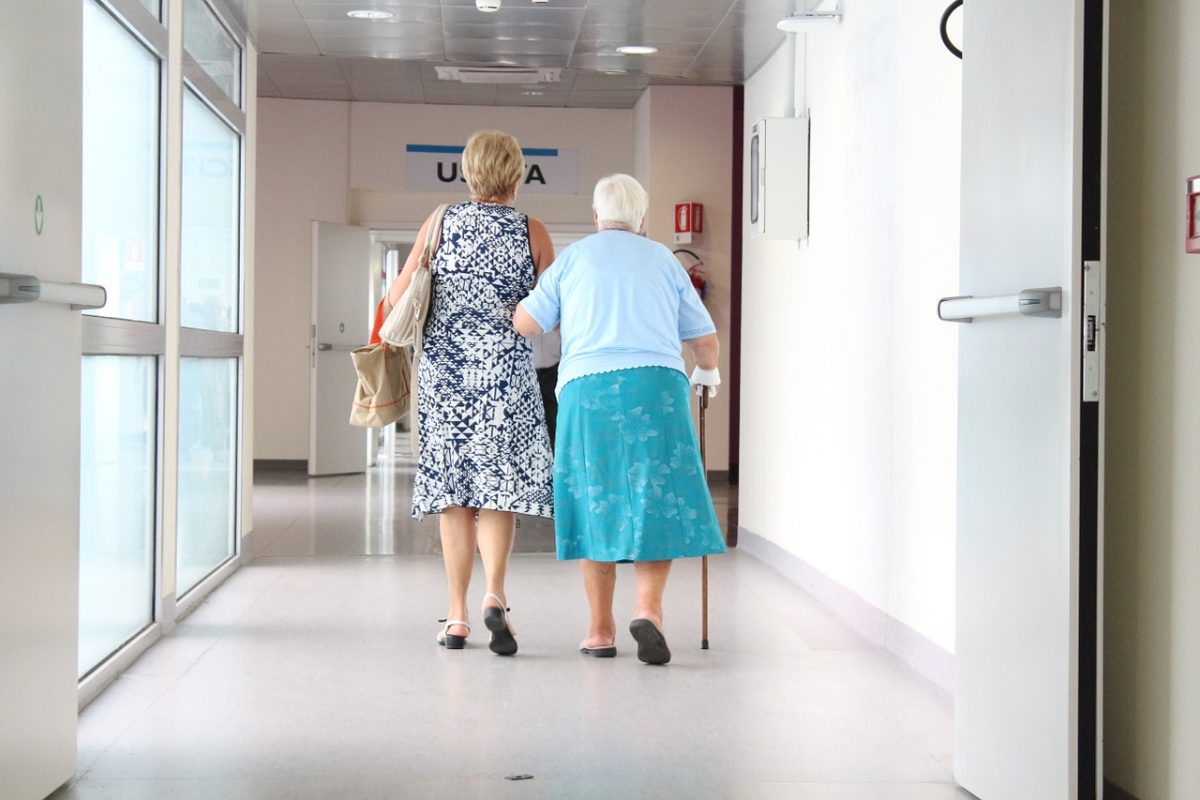New Age UK analysis has found that 28,655 older people aged 65+ died in 2022/23[i] before ever receiving the social care for which they were waiting. This equates to an average of 79 deaths a day, 550 a week, and 2,388 a month. The Charity says that in many cases, had these older people got the help they needed their final days would have been more comfortable, and their families would have felt less alone and better supported.
IHE’s new report, ‘England’s Widening Health Gap: Local Places Falling Behind’, confirms widening inequalities in life expectancy between regions in England and within local authorities since 2010. These widening inequalities are associated with an average reduction in local authority spending power of 34 percent. Read the new article by the Press Association and covered by regional/local media across the country, including the Independent detailing the failings of MPs in their constituencies, linked below.
Ineffective discharge from mental health settings can lead to higher levels of patient readmission – an article from The Guardian earlier this year revealed that approximately 5,000 patients were readmitted on to mental health wards within a month of discharge.
Drawing on four rounds of interviews with parents affected by the benefit cap, this briefing outlines the harms the benefit cap causes, and details the difficulties households face in escaping the cap.
Older people at risk of being forced into residential care due to massive delays in making adaptations to homes. Two-thirds of local authorities took longer than the recommended six months to deliver an adaptation through the Disabled Facilities Grant, with the longest taking more than 24 months.
This briefing paper shows how the undervaluation of paid and unpaid care drives poverty and inequalities across Britain, and it outlines a transformational vision for change.
There have been two turning points in trends in life expectancy in England this century. From 2011, increases in life expectancy slowed after decades of steady improvement, prompting much debate about the causes. Then, in 2020, the Covid-19 pandemic was a more significant turning point, causing a sharp fall in life expectancy, the magnitude of which has not been seen since World War II.
Many people across the UK in full-time employment still face problem debt and their employment hasn’t been able to shield them from this. The report highlights the potential inadequacy of existing safety nets, the prevalence of in-work debt problems, and gender-specific experiences. YouGov polling commissioned by StepChange reveals that in the UK, among those that are experiencing problem debt (9% and around 2.8 million people), around 52% are in full-time employment.
With neither of the main parties wanting to scrap Universal Credit, whoever wins the election will be governing a ‘Universal Credit Britain’, as the final stage of what has been the biggest benefit reform in a generation is due to end with a system covering 7 million families by 2029. But it is nearly 14 years since Universal Credit was first proposed, and both Universal Credit and the country have seen big changes since then. This note assesses how the current Universal Credit system compares to the legacy benefit system it is replacing, and how changes in the country over the last decade have altered its impact.
In 2017, the UK implemented the two-child limit (2CL) policy. Under this policy, families are no longer eligible for additional Universal Credit or Tax Credit allowances for their third and subsequent children if they were born after 6 April 2017. This policy impacts a significant number of households across the UK, resulting in a noteworthy reduction in family income.
As of April 2023, approximately 1.5 million children live in households affected by the 2CL, leading to an estimated annual financial loss of up to £3,235 per child for affected families. This is expected to rise to £3,455 per child in 2024-2025.



